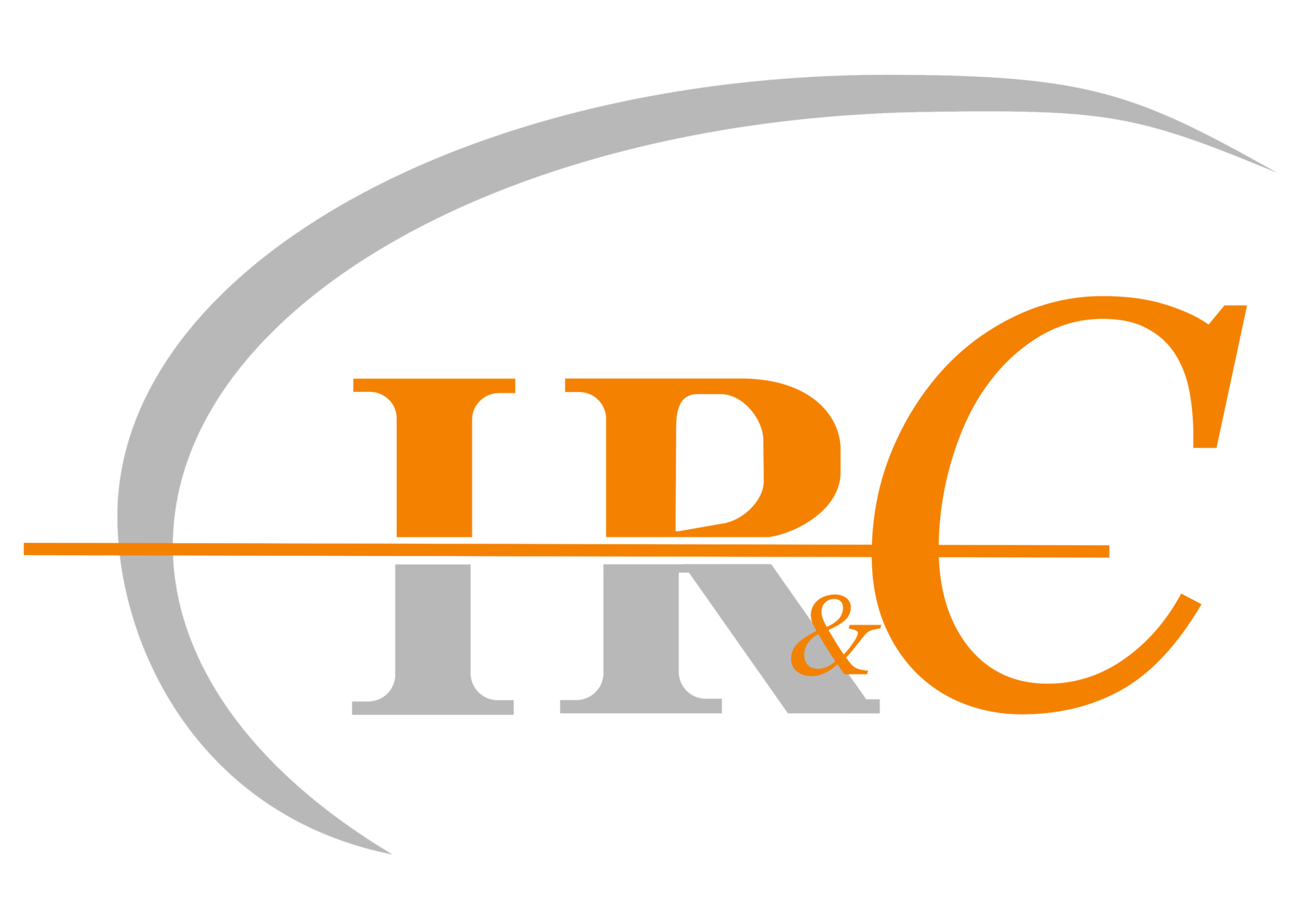Depression
What is depression?
The depression...
- is a mental illness that is accompanied by listlessness and physical complaints.
- is a common disease. Almost one in 10 Austrians will suffer from it at some point in their lives.
- is made up of psychological and physical complaints.
- usually progresses in phases, i.e. for many sufferers the depressive phases alternate with periods of normal well-being.
The depressive phase includes symptoms such as
- depressed mood, feelings are numb or deafened
- lack of pleasure or even interest in normal activities and amusements
- Difficulty falling asleep, difficulty sleeping through the night
- Loss of appetite
- Thinking and acting is difficult, difficulty concentrating
- Lack of energy, tiredness
- low self-esteem and inappropriate feelings of guilt
- recurring thoughts about death, suicidal thoughts and attempts
Depressed people show different symptoms and these can also be present in different ways.
Depression or upset?
Sometimes it is not easy to distinguish a depressive illness from an everyday mood or a life crisis.
When you are upset, you feel sad, grumpy or tired, but you can distract yourself from these feelings or still enjoy nice things. This is no longer possible with depression.
Causes
The causes are not yet fully understood. Various factors play a role:
- the disease can be inherited from the parents
- Depressed people show changes in the body that affect the way they think and feel
- severe stress (e.g. the loss of a loved one)
- Taking certain medications can also trigger depression (e.g. cardiovascular medication)
A Depression but can also for no apparent reason arise suddenly. It can hardly ever be traced back to a single event!
It is important to treat the physical causes with medication. This can be followed by psychological treatment.
Diagnosis
The complaints of depressed people are not always the same, which is why it is difficult to recognize depression as such. Those affected often complain of purely physical complaints and not depressive moods.
- Discussion with experts
The most important tool for recognizing depression is a detailed discussion between the person affected and a psychiatrist or psychologist. - Physical examination
The diagnostic interview can be followed by further medical examinations (e.g. blood tests) to clarify physical causes - Questionnaires
Various questionnaires and tests have proven to be effective. They help to assess the severity of the depression. The type of treatment also depends on this.
Treatment
There are different forms of depression that need to be treated differently.
Psychological treatment is often sufficient for mild depression.
In the case of a severe form of depression, a combination of medication (specialist) and psychological treatment is usual.
Depression is an illness that should be treated by a psychiatrist or clinical psychologist.
The earliest possible treatment is particularly important in order to improve the quality of life of those affected and reduce the level of suffering.
In severe depression there is almost always a high risk of suicide! Therefore, direct or indirect announcements or hints of suicide should always be taken seriously!
In most patients, depression can be brought under control with consistent treatment by an expert!


